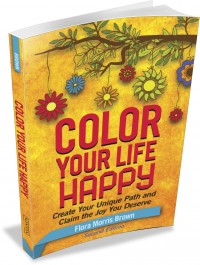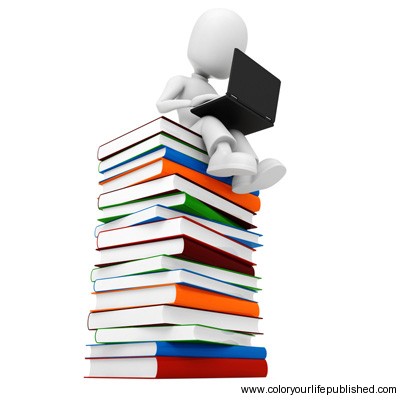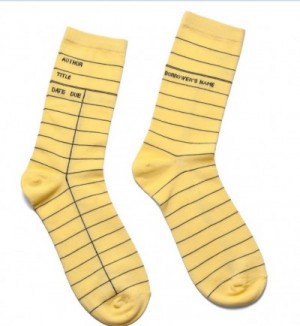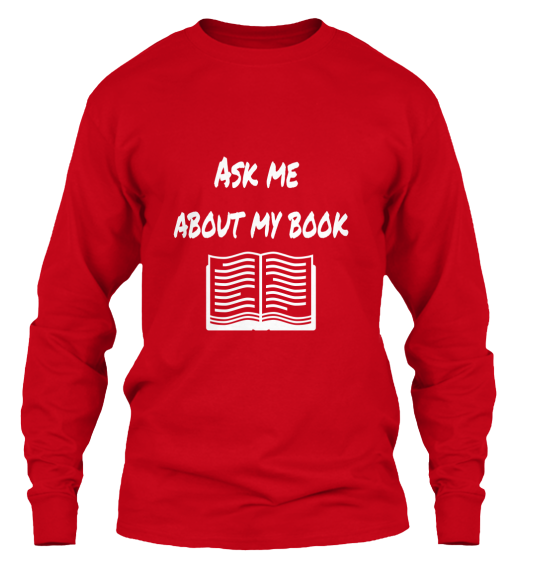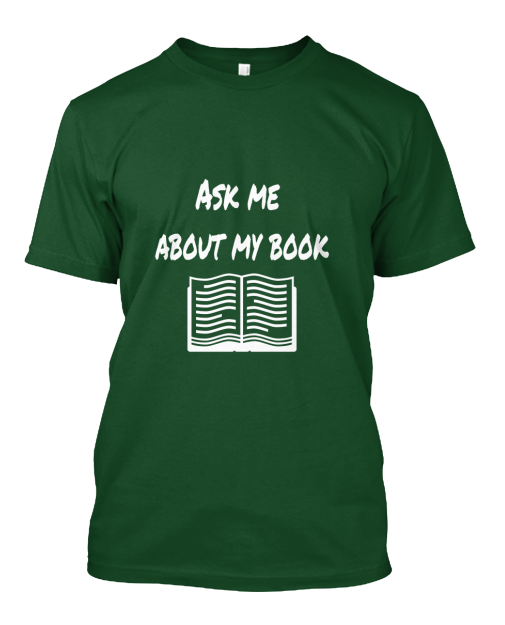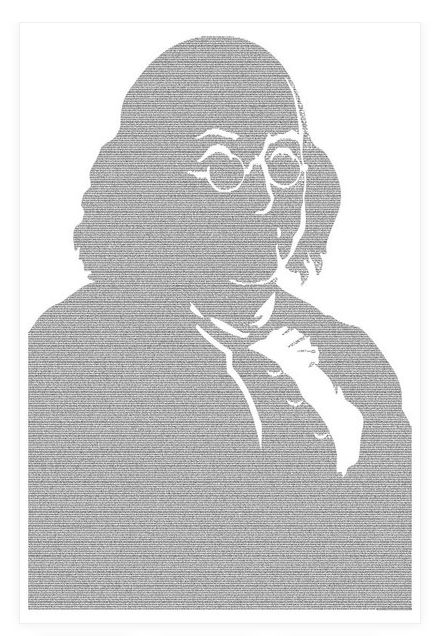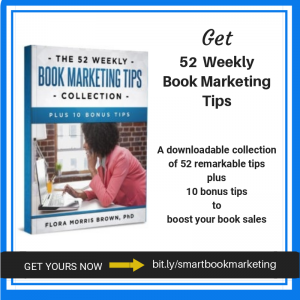- Attended book signing of Melissa Guzzetta, author of Private Lucky
A few months ago when I asked my Anaheim library what they were doing for the first annual Indie Author Day on October 8th, they hadn’t even heard of it.
Here’s the email I got from them today:
Calling All Local Indie Authors
This October, libraries across the United States will host local Indie Author Day events designed to bring local writing communities together to participate in author panels and events. The Anaheim Public Library is excited to invite you to participate in its inaugural Indie Author Day Fair on Saturday, October 8, 11:00am to 2:00pm at the Central Branch Library. If you are a self-published or small press author living in Orange County, you are welcome to submit an application to participate. Prospective authors should review the guidelines and submit the completed application by September 9, along with a copy of their book(s) for review. For those of you in the Orange County, CA area here’s the link to the application http://www.anaheim.net/DocumentCenter/View/12695
Being an indie author means you must look for every opportunity to promote and market your book. What opportunities have you uncovered in your community? Tell us in the comments.
For more ideas, be sure you are active in some of the many groups of published authors in your community and online. I strongly recommend the following:
- https://coloryourlifepublished.com
- https://www.facebook.com/ColorYourLifePublished/
- https://www.facebook.com/groups/GutsyIndiePublishers/
- http://www.ibpa-online.org/
- http://publisherswriters.org/ — See San Diego and Orange County chapters
What other groups can you recommend?
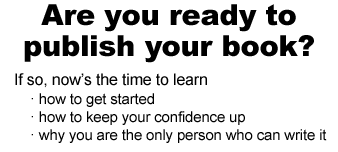
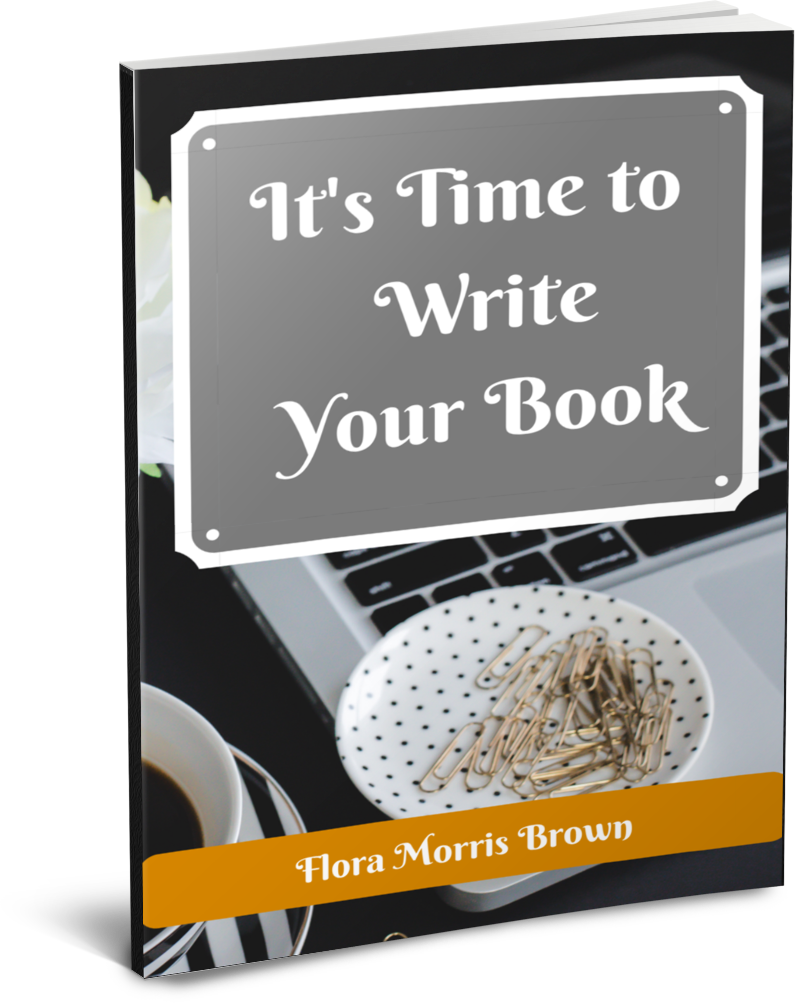


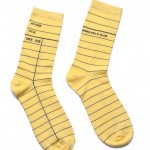

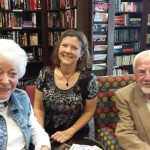
 It happens to all writers. You are typing at a clip, fingers flying across the keyboard, when suddenly not another idea nor word comes forth.
It happens to all writers. You are typing at a clip, fingers flying across the keyboard, when suddenly not another idea nor word comes forth.
 chumacher is nationally known for her ability to explain the benefits of living trusts and estate planning in clear, conversational English. She has a unique perspective on what consumers want, what they understand, and what motivates them when it comes to estate planning—because she is a consumer, too. Vickie knows firsthand about being a business owner, being divorced and a single parent, caring for aging parents, and blended families—life experiences and concerns she shares with many of her readers.
chumacher is nationally known for her ability to explain the benefits of living trusts and estate planning in clear, conversational English. She has a unique perspective on what consumers want, what they understand, and what motivates them when it comes to estate planning—because she is a consumer, too. Vickie knows firsthand about being a business owner, being divorced and a single parent, caring for aging parents, and blended families—life experiences and concerns she shares with many of her readers.
